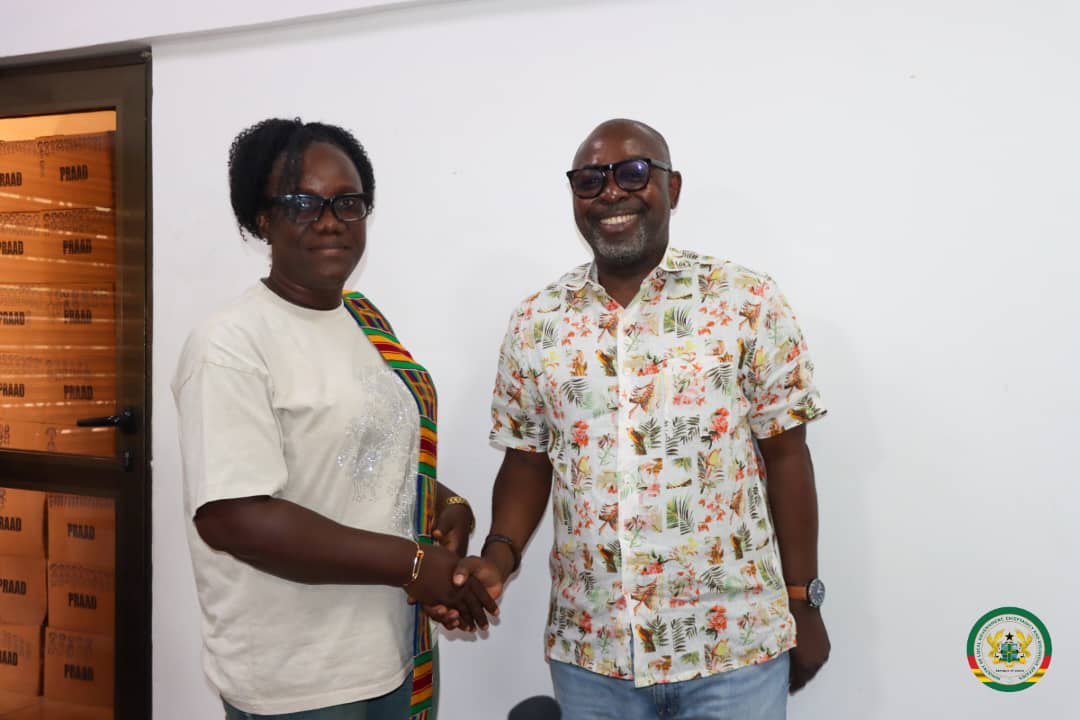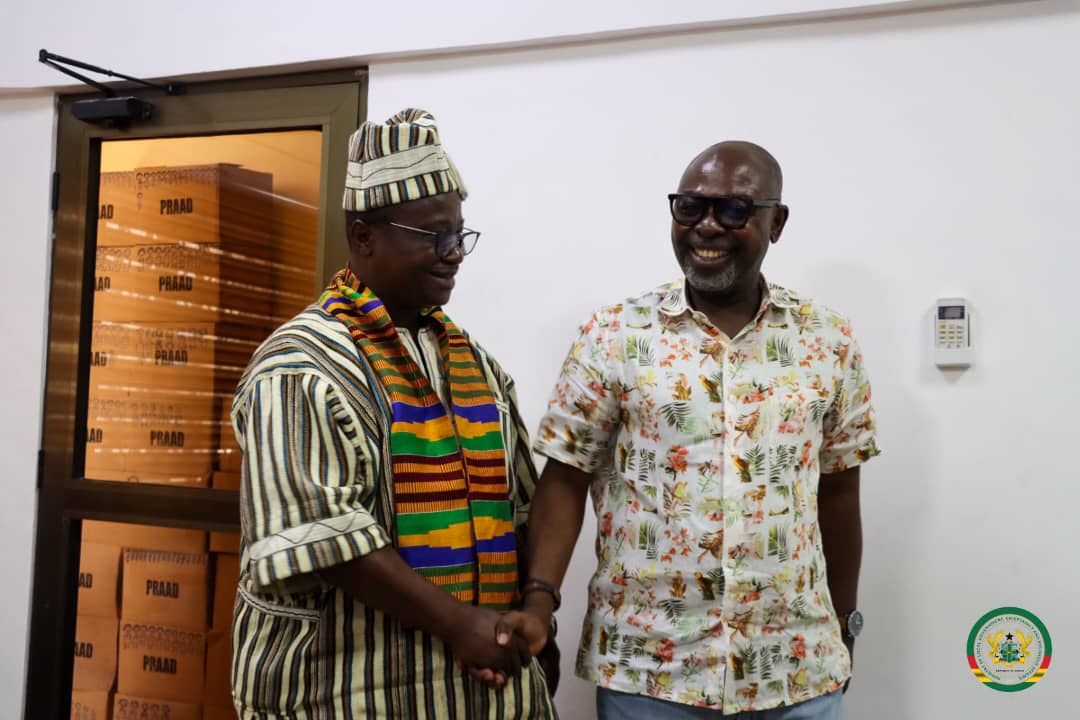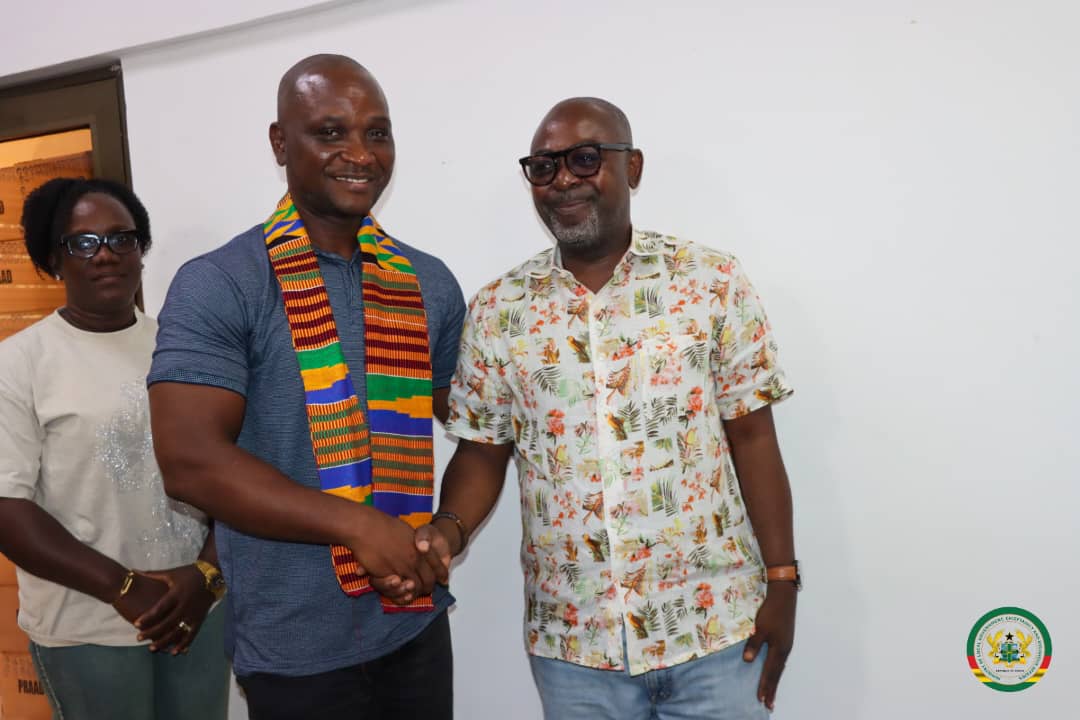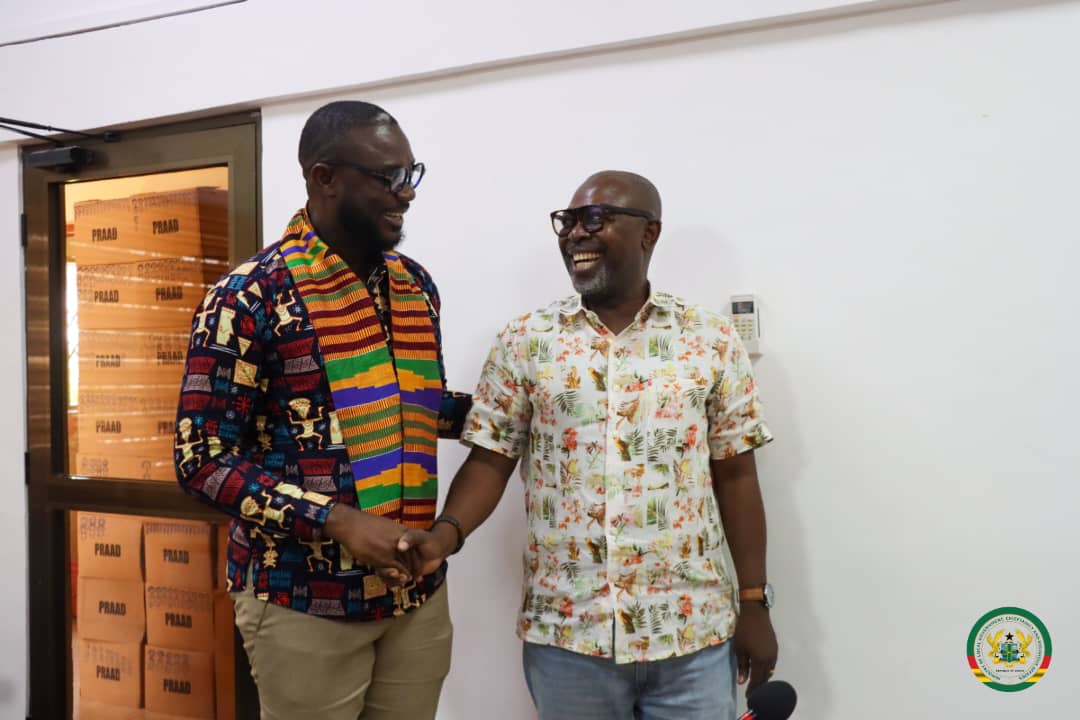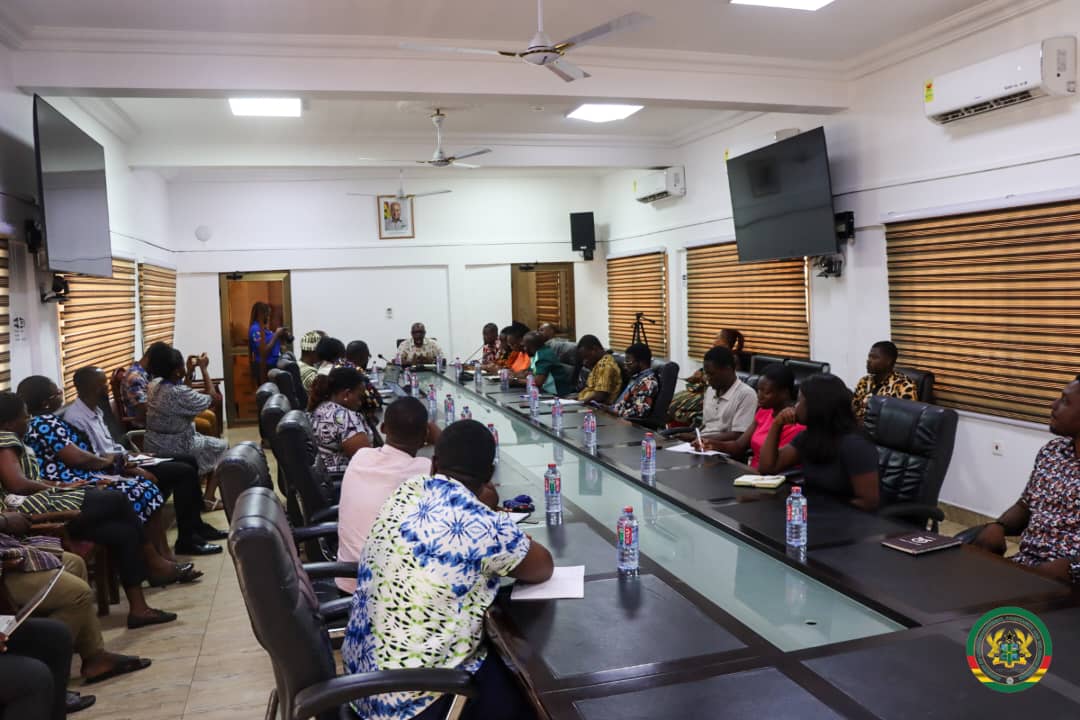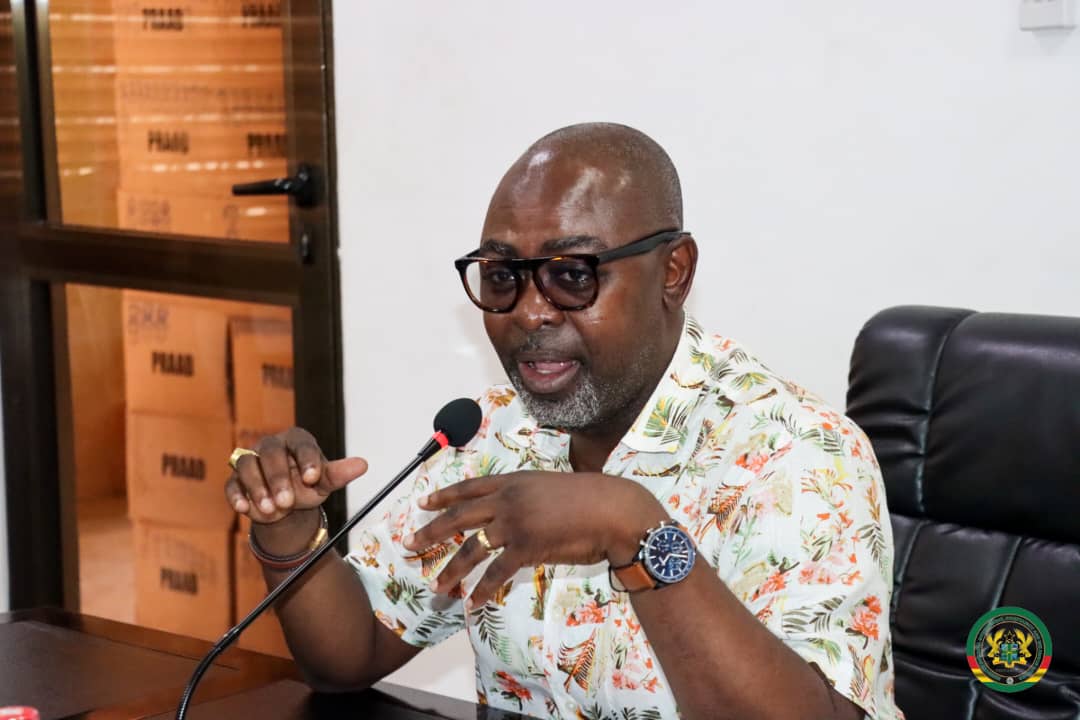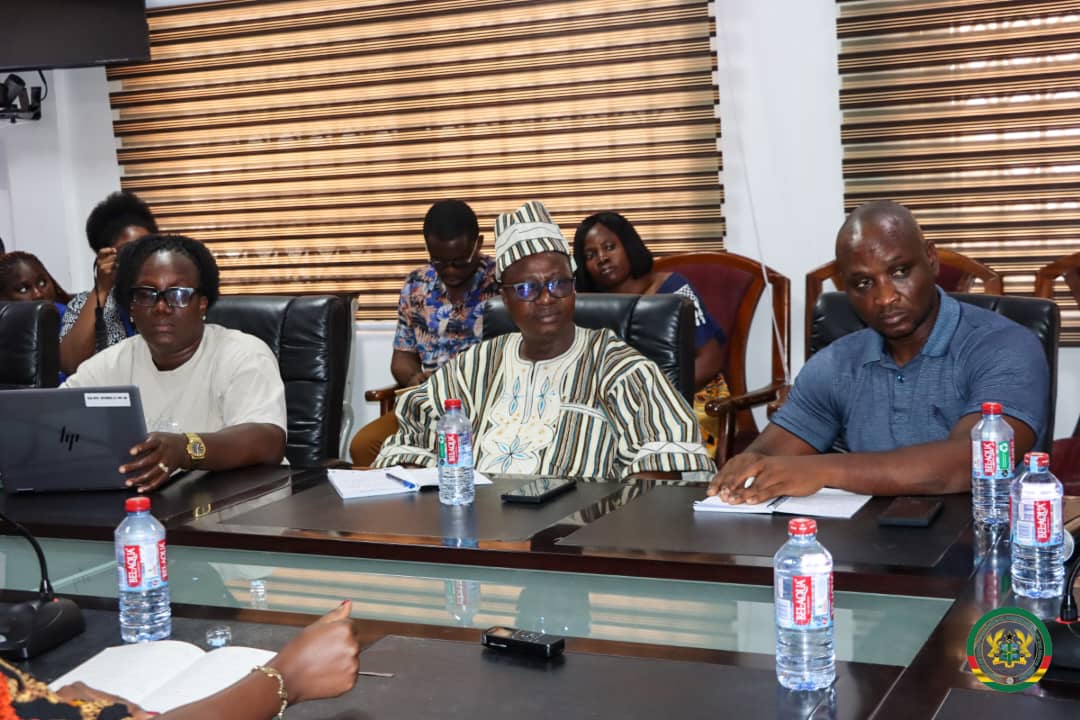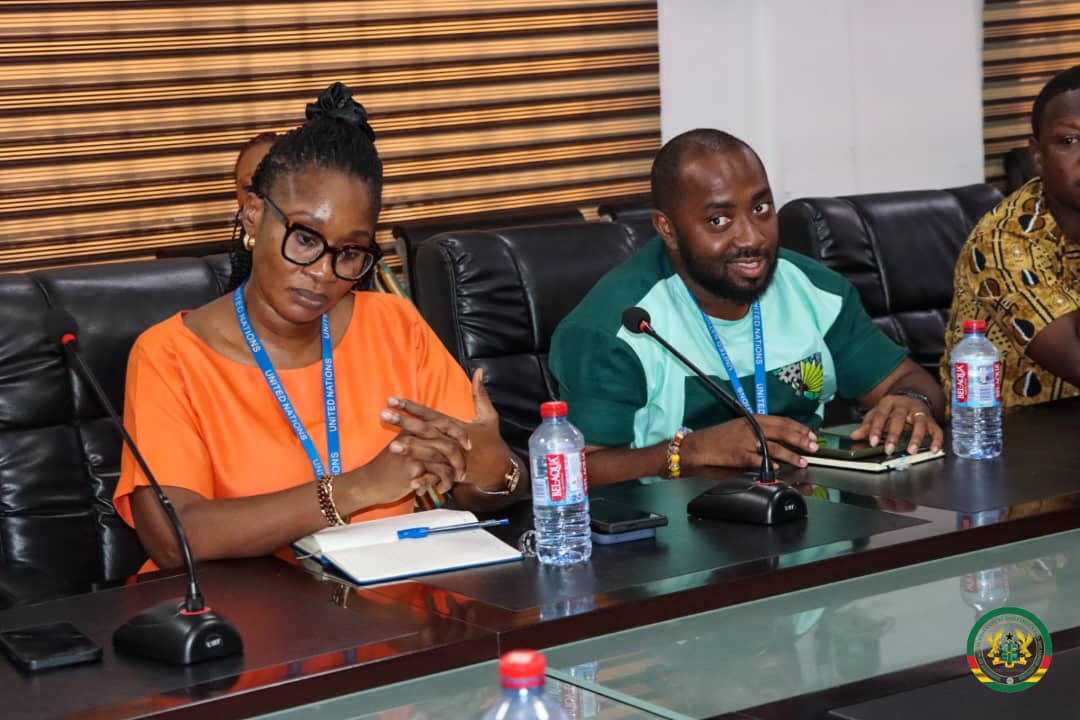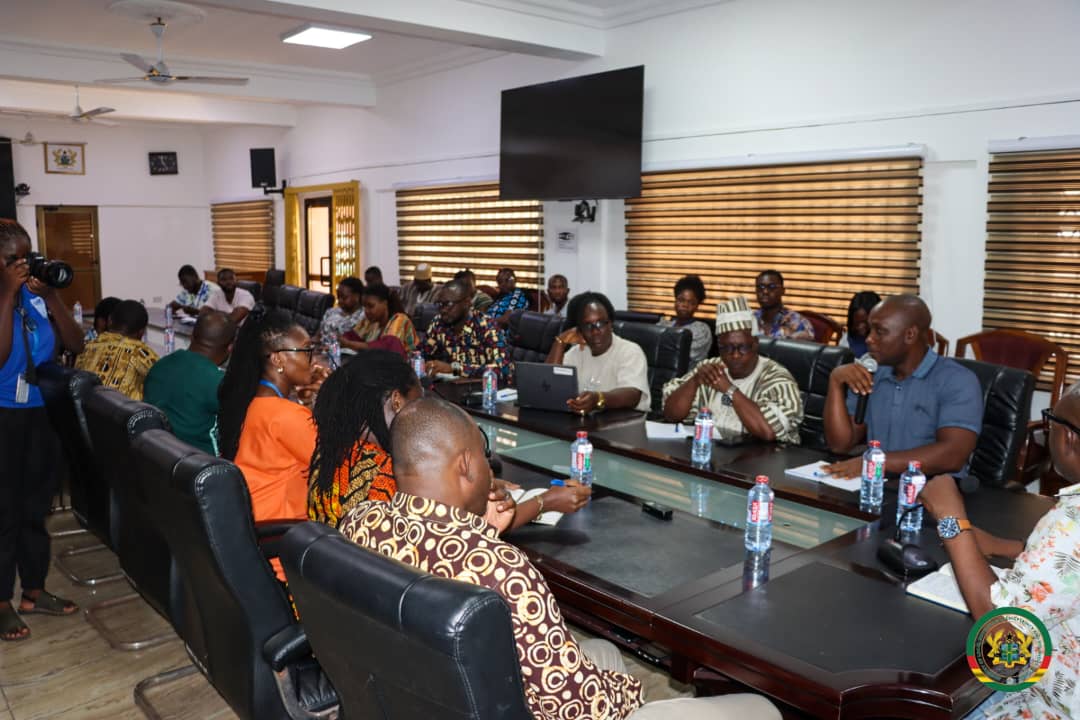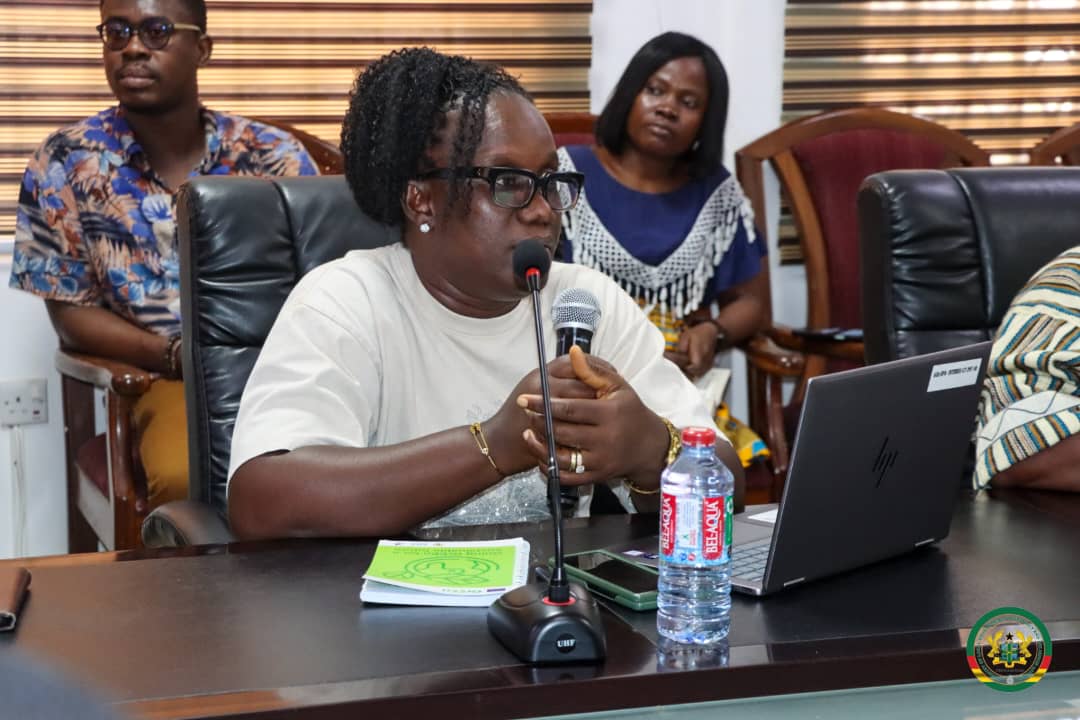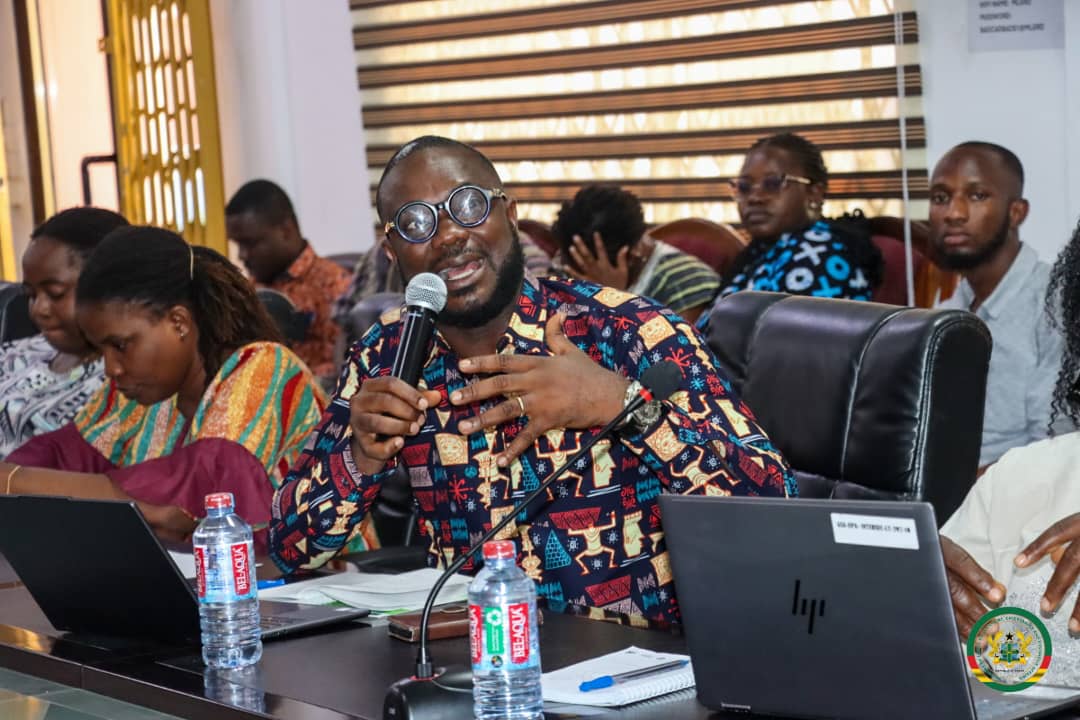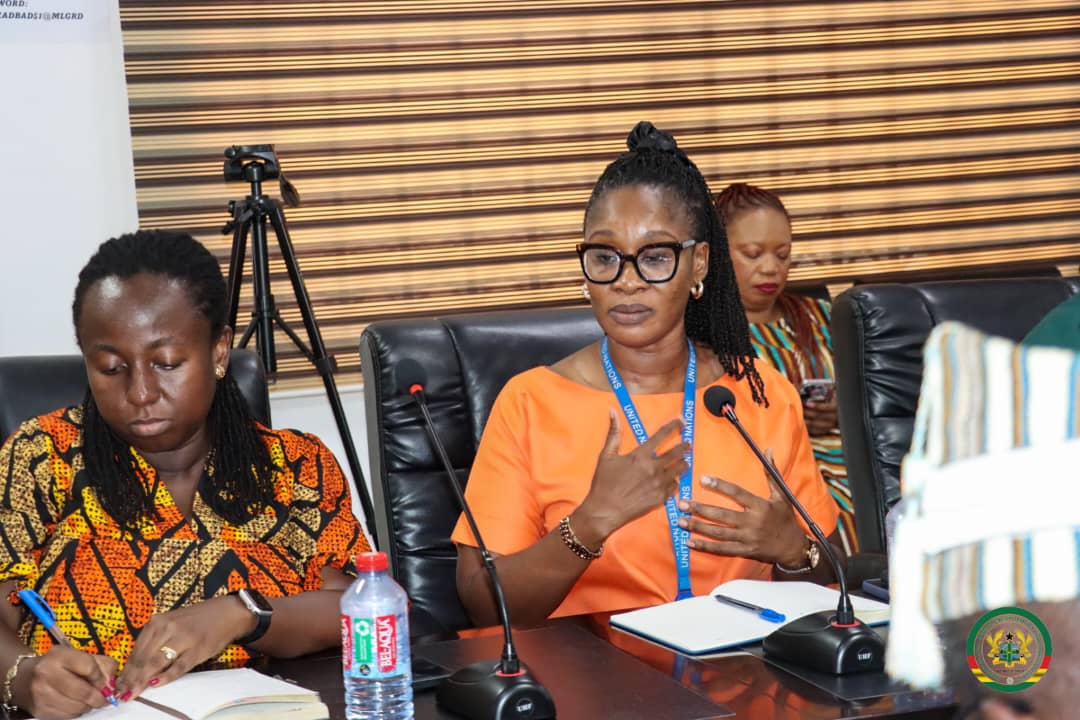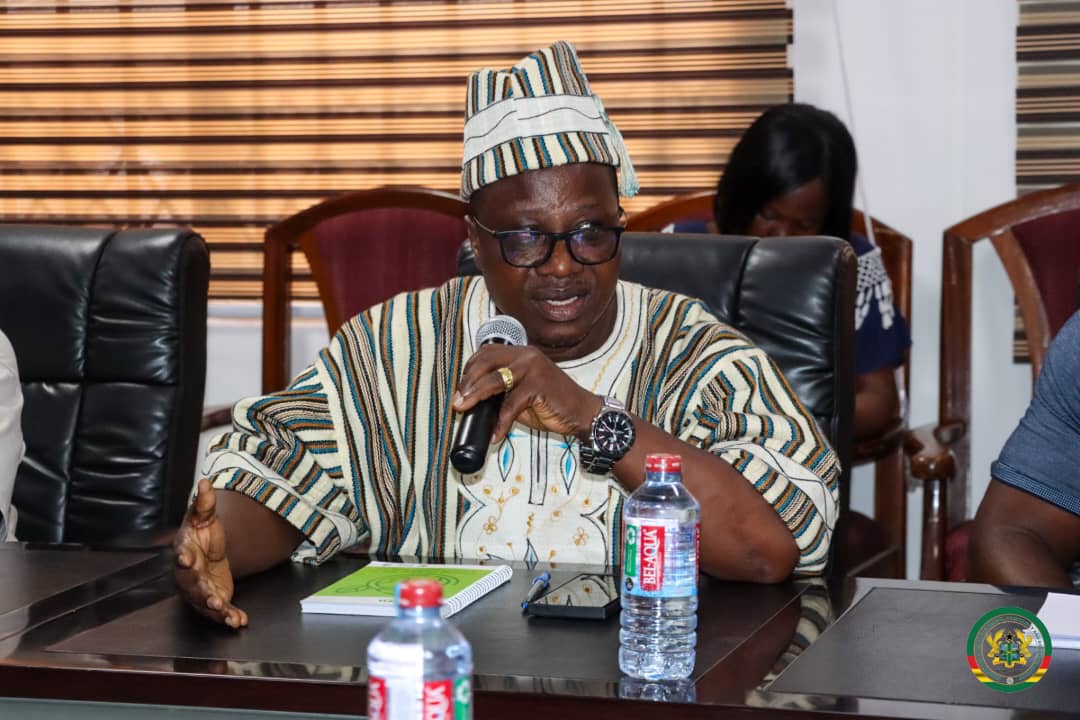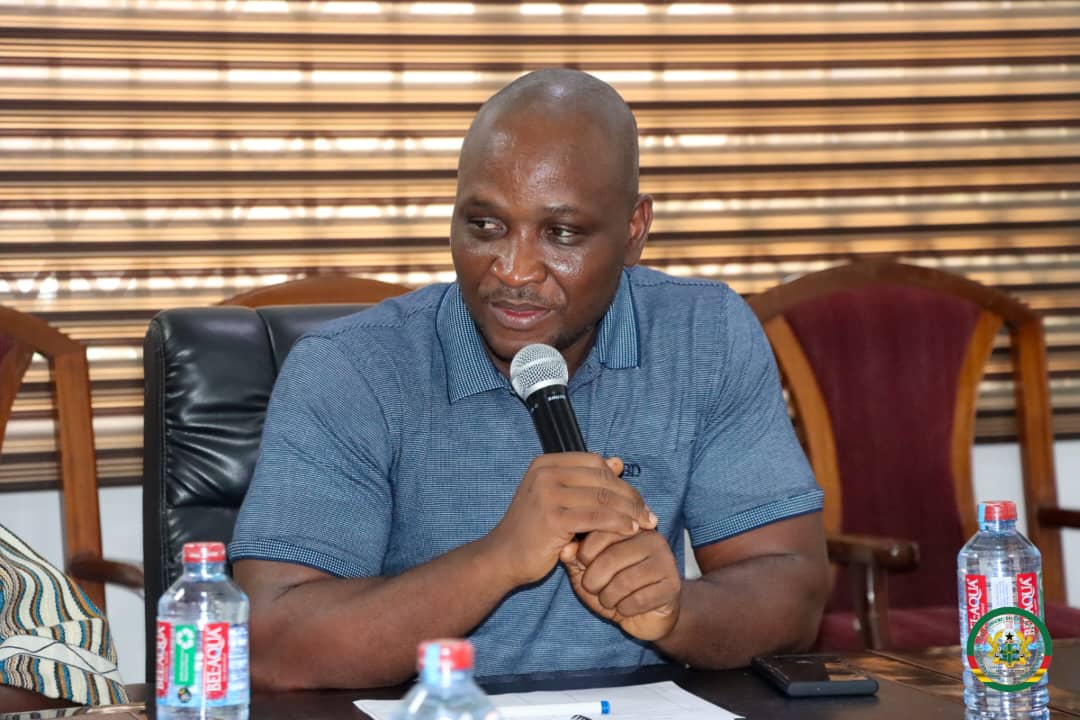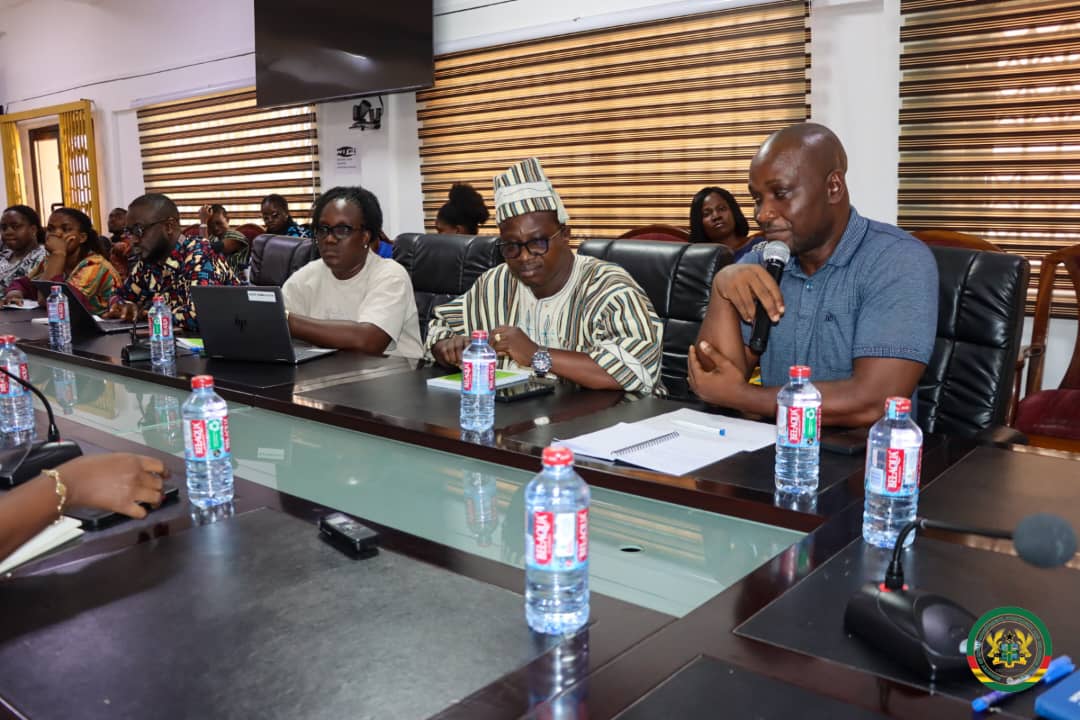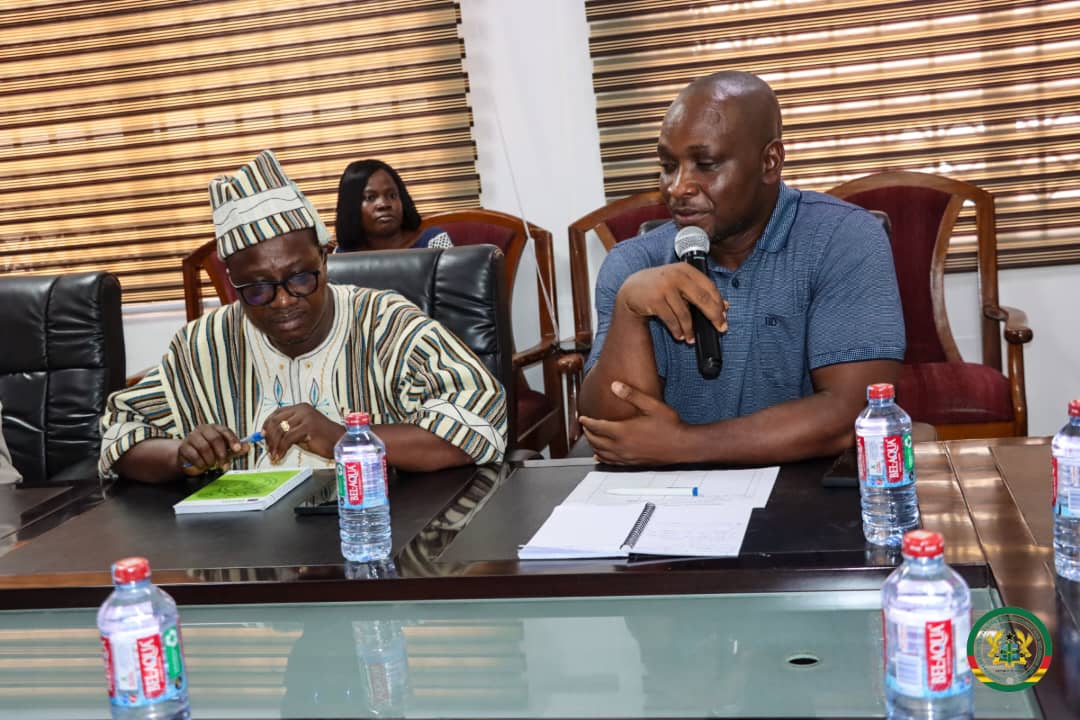The Government of Liberia has officially concluded its three-day South-South Exchange Learning Visit to Ghana with resounding commendation for Ghana’s leadership in implementing the United Nations Capital Development Fund’s (UNCDF) Local Climate Adaptive Living Facility (LoCAL) mechanism.
Held from April 23 to 25, 2025, the study tour marked the final phase of a comprehensive knowledge exchange programme that brought together senior officials from Liberia’s Ministry of Internal Affairs and Ghana’s Ministry of Local Government, Chieftaincy and Religious Affairs (MLGCRA), alongside technical experts from UNCDF.
The closing debriefing session, chaired by Pln. Samuel Seth Passah, Director of the Local Government Directorate at MLGCRA, created space for reflection, feedback, and renewed commitment between the two countries. “This exchange has allowed us to view our work through a new lens,” Mr. Passah noted. “We welcome the feedback received and are committed to using it to further strengthen our local climate adaptation systems. Ghana stands ready to support Liberia as a long-term knowledge partner in this journey.”
Hon. Edward K. Mulbah, Deputy Minister for Research and Development Planning at Liberia’s Ministry of Internal Affairs, speaking on behalf of the Liberian delegation, expressed deep appreciation for Ghana’s hospitality, transparency, and openness throughout the exchange. “We are truly inspired by the level of coordination, technical rigour, and community participation we have witnessed here,” he remarked. “From robust infrastructure delivery to inclusive planning, Ghana has demonstrated what it means to translate climate finance into results. These best practices will help shape our own rollout of the LoCAL mechanism in Liberia.”
During the tour, the Liberian team visited several LoCAL-funded project sites across the Ada East District in Ghana’s Greater Accra Region, observing practical, on-the-ground examples of climate adaptation. These included mechanised water systems addressing rural water insecurity, solar-powered irrigation for smallholder farmers, polyhouse farming innovations, and flood-resistant road infrastructure, each a clear demonstration of how climate action can be integrated into local development planning.
Key takeaways from the exchange included the importance of aligning climate adaptation investments with local development priorities, strengthening monitoring and evaluation systems, ensuring timely and quality delivery of infrastructure, and building strong technical capacity, particularly in engineering and supervision. Mr. Mulbah emphasized that these insights will directly inform the development of Liberia’s LoCAL implementation roadmap, with an emphasis on sustainability, accountability, and community ownership.
The exchange also provided a platform to explore how Liberia can effectively deploy Performance-Based Climate Resilience Grants (PBCRGs) in alignment with its ARREST Agenda, the national policy framework focusing on Agriculture, Roads, Rule of Law, Education, Sanitation, and Tourism. Discussions reinforced the importance of community-centred design, transparent resource flows, and active inter-governmental collaboration as pillars of effective decentralised climate action.
Ghana’s own success in this space, strengthened by the LoCAL-ACE and GrEEn projects, served as a practical reference point. Through these initiatives, Ghana has delivered not only climate-resilient infrastructure but also green employment and enterprise opportunities in targeted districts across the Ashanti and Western Regions.
The South-South exchange between Ghana and Liberia has reaffirmed the potential of intra-African collaboration to accelerate climate action at the local level. Through this partnership, both countries have strengthened their resolve to empower vulnerable communities, protect critical ecosystems, and build a future anchored in resilience, equity, and sustainable development.
Source: Sandra Owusu Asamoah/Melody Hini-Amoako
(Public Relations Unit MLGDRD)

